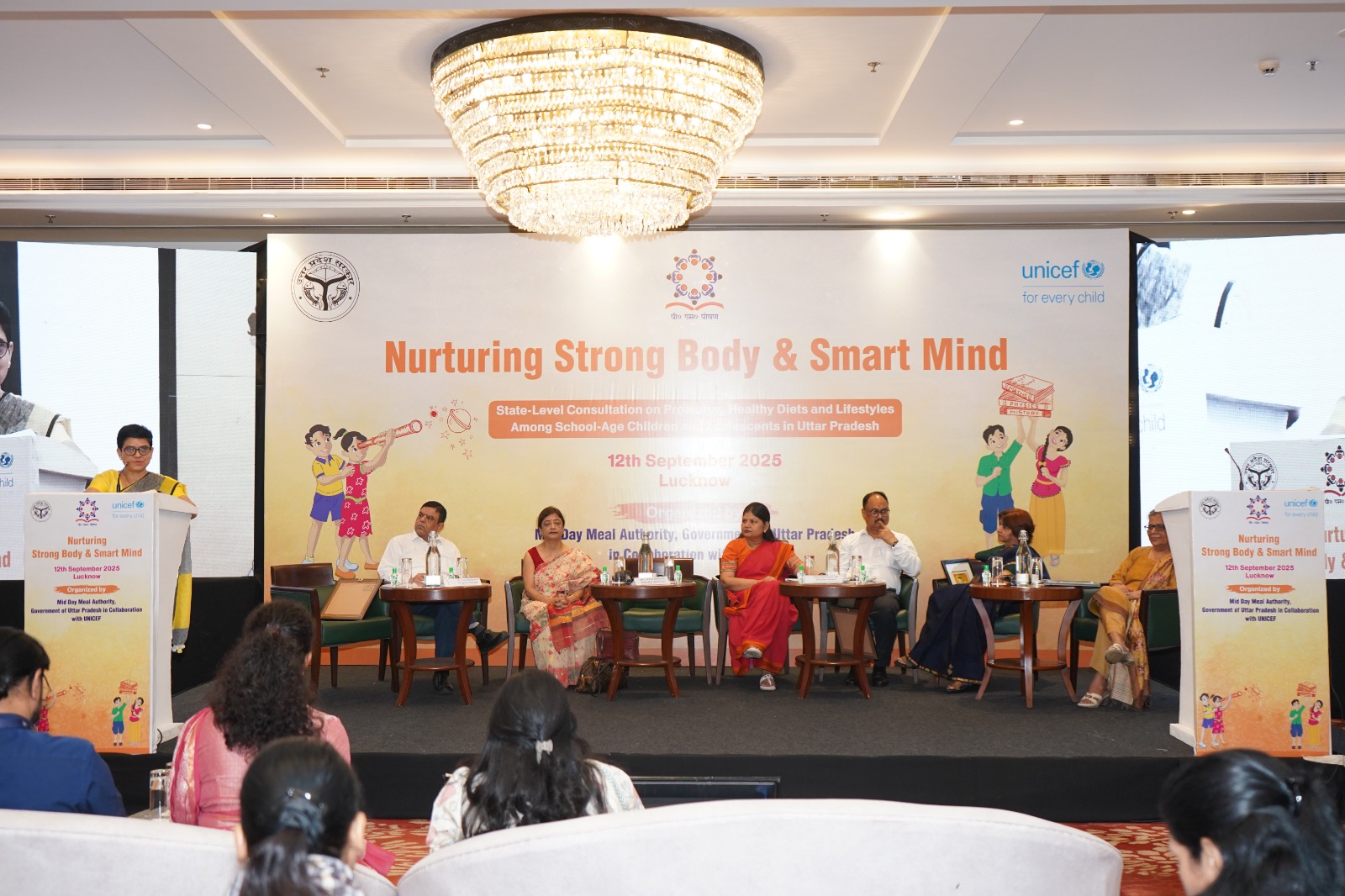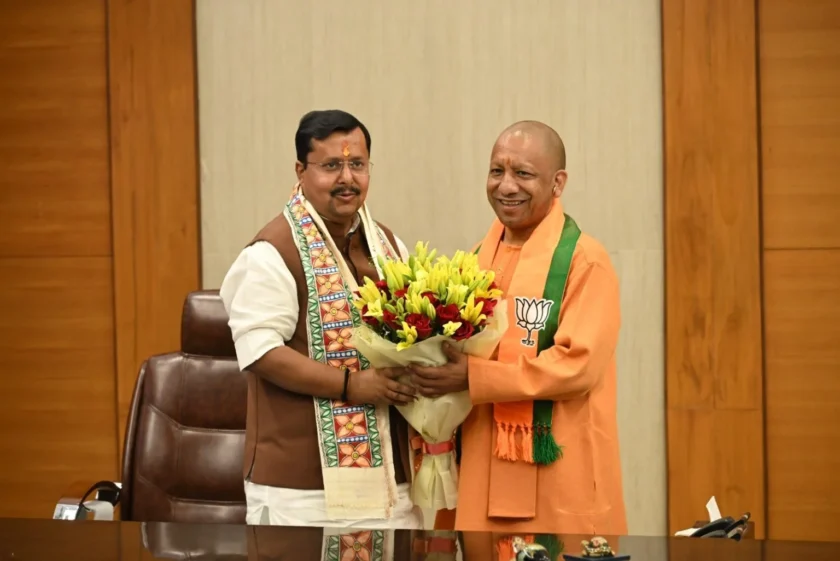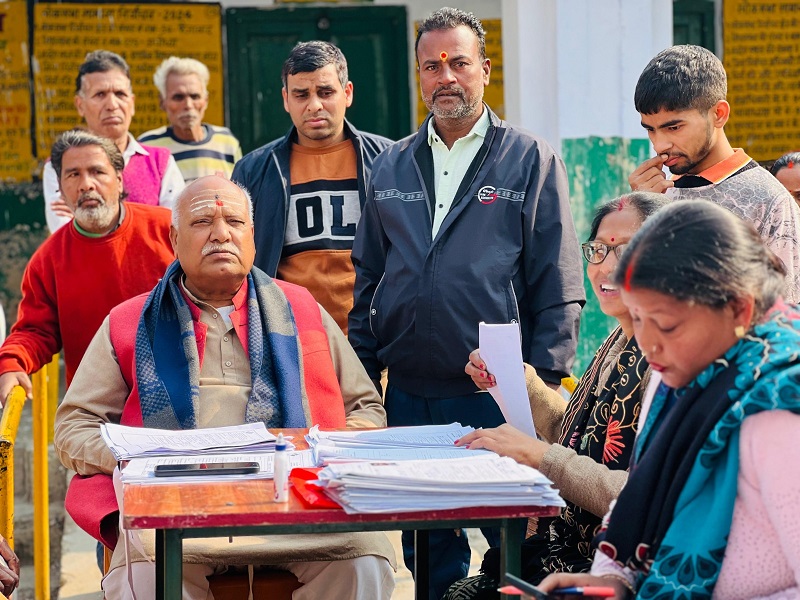Lucknow: The Uttar Pradesh government, in collaboration with UNICEF, organized a state-level programme in the capital to spread awareness about healthy diets and active lifestyles among school-going children and adolescents. The initiative brought together senior officials, health experts, educators, and students to deliberate on strategies to improve nutrition for the state’s 80 million schoolchildren.
The programme was inaugurated with the ceremonial lamp-lighting by Leena Johri, Principal Secretary, Women and Child Development Department; Dr. Piyali Bhattacharya, Pediatrician, SGPGI; Dr. Monika Agrawal, Head of Department, King George’s Medical University; Kanchan Verma, Director General, Education Department; Dr. Shalu, Joint Director of Maternal Health, Health and Family Welfare Department; Amit Mehrotra, UNICEF Program Manager; and Dr. Ajay Gupta, State Immunization Officer.

Speaking on the occasion, Leena Johri highlighted the government’s commitment to improving nutrition. She said that Poshan Abhiyaan and Anganwadi services have improved both school attendance and the nutritional status of families. However, she cautioned against the growing dependence on junk food, stressing the need for a balanced diet and sports. “Children are the future of the country, but their attraction towards junk food is a matter of concern. A coordinated approach involving health, education, and WCD departments, along with media support, is necessary to bring lasting change,” she said.
Dr. Piyali Bhattacharya emphasized the importance of the first 1,000 days of life and adolescence in shaping health outcomes. She advised families to prefer homemade food over outside junk food, which she said adversely impacts children’s focus and health.
Kanchan Verma, Director General of Education, underlined the government’s vision of a Viksit Uttar Pradesh and Viksit Bharat by 2047, noting that this goal can only be achieved through holistic child development supported by proper nutrition and healthy lifestyles. He also called for strengthening teacher training to build awareness at the school level.
Dr. Ajay Gupta briefed participants about ongoing initiatives under the WIFES and National Adolescent Health Programme, while UNICEF Programme Manager Amit Mehrotra announced a nutrition assessment study in selected UP schools to inform policy decisions.

Adding to the discussion, ICMR scientist Priyanka Bansal presented research on anaemia and malnutrition. Delegates from Bihar and Telangana shared best practices from their school-based nutrition initiatives. Policy recommendations included linking nutrition programmes with the National Food Security Act, strict enforcement of bans on junk food stalls within 500 metres of schools, and strengthening food-label education.
The event also highlighted findings from UNICEF’s Child Nutrition Global Report 2025, which revealed that obesity has overtaken undernutrition among school-age children for the first time globally. Today, nearly 188 million children—one in every ten—are obese. Once associated with affluence, obesity has become a widespread health challenge, particularly in low- and middle-income countries like India.
The programme concluded with a collective call to action for educators, policymakers, parents, and the media to promote nutrition and lifestyle changes that will shape a healthier future for Uttar Pradesh’s children.









